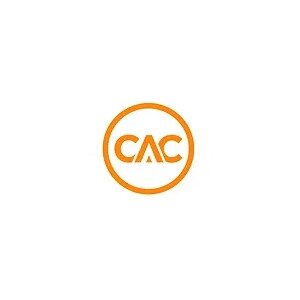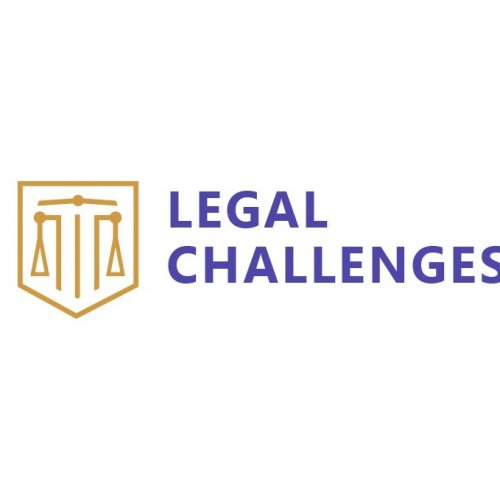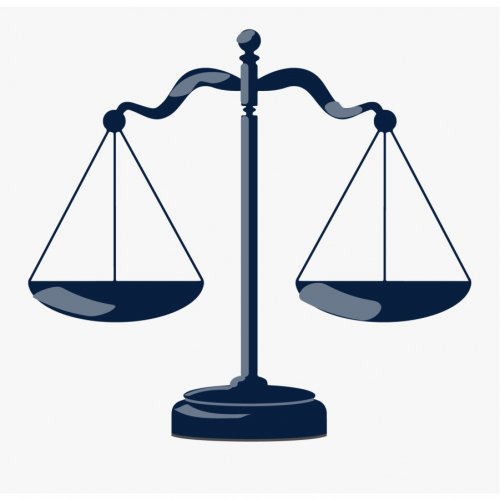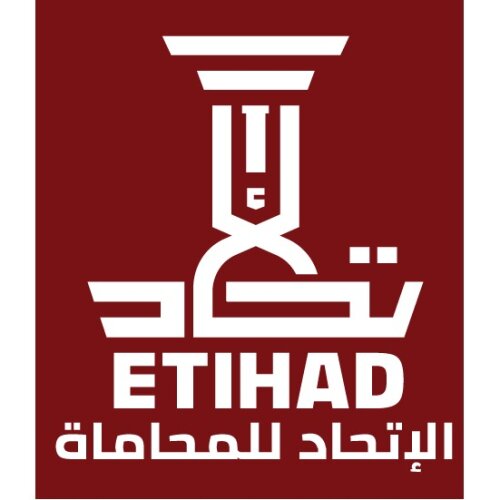Best Antitrust Litigation Lawyers in Iraq
Share your needs with us, get contacted by law firms.
Free. Takes 2 min.
Or refine your search by selecting a city:
List of the best lawyers in Iraq
About Antitrust Litigation Law in Iraq
Antitrust litigation in Iraq centers on the enforcement of laws designed to ensure fair competition and prevent business practices that could harm consumers or the economy. Like many countries, Iraq recognizes the importance of promoting competition and stopping monopolistic practices. The key principles of antitrust law in Iraq include preventing abuse of dominant market positions, prohibiting anti-competitive agreements, and overseeing mergers that could restrict competition. These principles aim to foster a healthy business environment where companies compete fairly and consumers have access to a variety of products and services at competitive prices.
Why You May Need a Lawyer
Antitrust litigation is a complex area of law that can impact businesses, consumers, and even government agencies. You may need a lawyer in any of the following situations:
- You believe a competitor or supplier is engaging in anti-competitive practices such as price fixing, market division, or bid rigging.
- Your business is under investigation for potentially violating antitrust laws in Iraq.
- You are considering a merger or acquisition and need to know if it must be reported to governmental authorities or if it might raise antitrust concerns.
- You are a consumer or business affected by unfair market practices or monopolistic behavior and seek damages or an injunction.
- You are negotiating contracts with suppliers or distributors and want to avoid clauses that may breach antitrust laws.
Because the consequences of violating antitrust laws in Iraq can include significant fines, reputational damage, or restrictions on business activities, it is wise to consult with a specialized lawyer to protect your interests.
Local Laws Overview
Antitrust laws in Iraq are primarily governed by the Competition and Antitrust Law No. 14 of 2010. This law establishes the legal framework for competitive practices, sets up regulatory bodies, and defines prohibited conduct. Some of the key aspects include:
- Prohibition of Anti-Competitive Agreements: Agreements that fix prices, limit production, share markets, or rig bids are not allowed.
- Abuse of Dominant Position: A company that holds a dominant position is prohibited from abusing its power to restrict competition or harm consumers.
- Merger Control: Some business mergers and acquisitions must be reported to authorities if they could reduce market competition.
- Enforcement Authority: The Iraqi Competition Council is tasked with investigating violations, enforcing the law, and issuing penalties.
- Penalties: Violations of Iraq’s antitrust laws can result in administrative fines, civil liabilities, and even criminal penalties in severe cases.
These provisions aim to maintain a balanced marketplace and encourage sustainable economic growth in Iraq. However, enforcement and judicial proceedings related to antitrust law may sometimes be slow or challenging due to the developing legal system.
Frequently Asked Questions
What types of business practices are considered anti-competitive in Iraq?
Common anti-competitive practices include agreements to fix prices, divide markets, restrict supply, or rig bids, as well as abuse of a dominant market position.
Who enforces antitrust laws in Iraq?
The Iraqi Competition Council is the main regulatory body responsible for enforcing antitrust laws, investigating complaints, and imposing penalties.
Are all mergers and acquisitions subject to antitrust review?
Not all, but certain mergers and acquisitions that might significantly affect market competition require notification and approval from authorities.
Can individuals or companies file a complaint about anti-competitive behavior?
Yes, both individuals and companies can file complaints with the Competition Council if they believe they have been harmed by anti-competitive conduct.
What penalties can be imposed for violating antitrust laws in Iraq?
Penalties can include administrative fines, civil damages, corrective measures, and, in severe cases, criminal prosecution.
How can a company protect itself from unintentional antitrust violations?
By seeking legal advice before entering into joint ventures, mergers, or agreements with competitors, and by training staff on compliance.
Is price coordination between businesses always illegal?
In most cases, yes. Any formal or informal agreement between competitors to fix prices is prohibited under Iraqi antitrust laws.
Can foreign companies be subject to Iraqi antitrust laws?
Yes, if their activities have an effect on the Iraqi market, foreign companies may be investigated and penalized for violating local competition laws.
What is considered a dominant position under Iraqi law?
A dominant position means a company has substantial market power to control prices or exclude competition. The law does not always specify a percentage, so it depends on the market analysis.
How long does an antitrust investigation typically take?
The duration varies depending on the complexity of the case, but investigations can last from several months to more than a year.
Additional Resources
If you require further assistance or information regarding antitrust litigation in Iraq, the following resources can be helpful:
- Iraqi Competition Council: The main regulatory authority overseeing enforcement of antitrust laws.
- Ministry of Trade: This ministry supports enforcement of commercial laws, including competition regulations.
- Law Firms and Legal Consultancies: Many local and international law firms in Iraq offer specialized legal advice in the field of competition law.
- Business Associations: Professional bodies and chambers of commerce often provide educational material and support for their members regarding compliance.
Next Steps
If you believe you may be affected by antitrust issues or need legal representation in Iraq, consider the following steps:
- Contact a qualified lawyer who specializes in Iraqi competition and antitrust law.
- Gather all documents and evidence related to your case, including contracts, correspondence, and business records.
- Consider filing a formal complaint with the Iraqi Competition Council or seeking mediation if appropriate.
- Stay informed about your rights and obligations by consulting additional resources and, if possible, attending educational workshops or seminars offered by local business associations.
- Remain proactive in ensuring your business practices comply with Iraqi laws to avoid potential liability in the future.
Working with an experienced legal professional will help you navigate Iraq’s antitrust laws and protect your interests effectively.
Lawzana helps you find the best lawyers and law firms in Iraq through a curated and pre-screened list of qualified legal professionals. Our platform offers rankings and detailed profiles of attorneys and law firms, allowing you to compare based on practice areas, including Antitrust Litigation, experience, and client feedback.
Each profile includes a description of the firm's areas of practice, client reviews, team members and partners, year of establishment, spoken languages, office locations, contact information, social media presence, and any published articles or resources. Most firms on our platform speak English and are experienced in both local and international legal matters.
Get a quote from top-rated law firms in Iraq — quickly, securely, and without unnecessary hassle.
Disclaimer:
The information provided on this page is for general informational purposes only and does not constitute legal advice. While we strive to ensure the accuracy and relevance of the content, legal information may change over time, and interpretations of the law can vary. You should always consult with a qualified legal professional for advice specific to your situation.
We disclaim all liability for actions taken or not taken based on the content of this page. If you believe any information is incorrect or outdated, please contact us, and we will review and update it where appropriate.
Browse antitrust litigation law firms by city in Iraq
Refine your search by selecting a city.

















